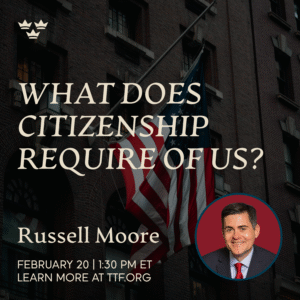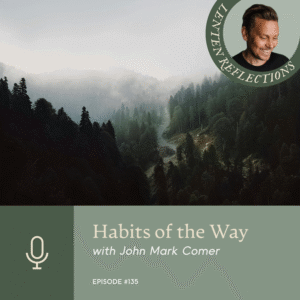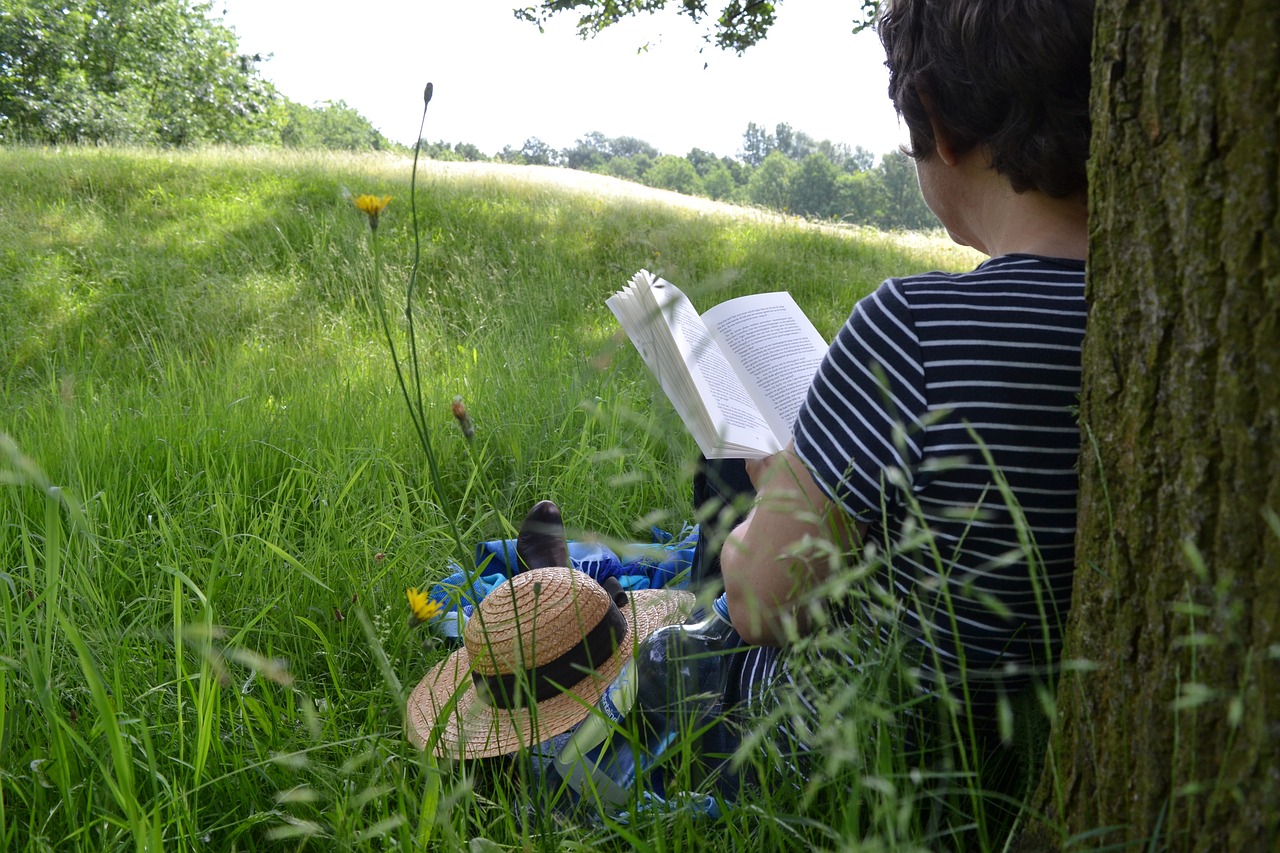[vc_row row_padding_bottom=”30″][vc_column][textbox title=”Why Read Stories?” title_color=”#2f2f2f” title_fontsize=”40″ text_under_align=”center” subtitle=”Cherie Harder” subtitle_color=”#757575″ content_align=”center”][/vc_column][/vc_row][vc_row][vc_column width=”1/6″ css=”.vc_custom_1547644032611{margin-top: 20px !important;border-top-width: 0px !important;padding-top: 10px !important;padding-right: 10px !important;padding-bottom: 10px !important;padding-left: 10px !important;background-color: #eeeeee !important;border-top-style: solid !important;}”][imagebox image_url=”14483″ image_hover=”disable”][/vc_column][vc_column width=”5/6″][vc_column_text]
Friday, June 22, 2012
“I don’t waste time reading make-believe.”So said a friend, in response to being asked to name his favorite novel. It’s a widespread attitude – that literature is somehow fundamentally un-serious, that reading non-fiction is more practical, commendable, and responsible; that stories themselves are somehow the realm of the childish, the flighty, or the vacationer.
And even those who like literature in theory are reading less in practice. A comprehensive report on reading compiled by the National Endowment for the Arts found that both reading and reading comprehension is in decline across the board, and that half of all young adults do not read any literature.
So it is salient to ask: What does literature have to offer that articles, arguments, briefs, and propositions don’t? Why read stories?
First, stories engage our imagination in a way that non-fiction cannot.
Where arguments and information may engage our reason and require our analysis, reading non-fiction is largely a left-brain endeavor – valuable to be sure, but qualitatively (and measurably) different than the experience of engaging a story. In fact, a recent –and fascinating synthesis of the latest neuroscience research in a New York Times article entitled “Your Brain on Fiction” found that brain scans have found that different areas of the brain are activated by narratives, and that fiction produces a uniquely “vivid simulation of reality” that “runs on the minds of readers just as computer simulations run on computers.” Engaging a narrative is an inherently imaginative act, as the reader must do the hard work of envisioning the characters, setting, and dynamics, creating a world seen only through their own mind’s eye. As such, reading fiction is an integrating act – requiring both the left and right brain, both imagination and reason, creativity and analysis.
Stories require, develop, and enhance the reader’s empathy.
Reading well – or “getting into” a story both requires and engenders the practice of empathy. Author Azar Nafisi compared a novel to “the sensual experience of another world. If you don’t enter that world, hold your breath with the characters and become involved in their destiny, you won’t be able to empathize, and empathy is at the heart of the novel.” Not surprisingly, several studies have found that avid fiction readers tend to better understand and empathize with others. (There does seem to be an exception to this general rule in many university English departments; perhaps due in part to deconstructionism having eclipsed empathetic reading.)
Entering the world of another can both broaden and disrupt our own. It can reveal the vulnerabilities of those we thought powerful, the tender points of hard people, the secret loves of the inscrutable, the character fissures of those we thought pillars of probity – and challenge the reader to respond wisely with that knowledge. It may well be the reason that novels such as Uncle Tom’s Cabin, or To Kill a Mockingbird, or A Day in the Life of Ivan Denisovich, had an impact far more powerful than any pamphlet or manifesto.
Stories develop our moral reasoning in unique ways.
By enabling the reader to engage and enter into the challenges, conflicts, disappointments, loves, and fears of a novel’s characters, literature provides opportunity to develop one’s moral reasoning and deepen discernment in responding to similar challenges, conflicts, and fears in her own life. A novel shows, rather than merely tells, the broad range of possible responses to a crisis; and characters must grapple with the aftermath of their choices. We learn from fiction because we learn from imaginatively entering into the dilemmas faced by the characters themselves.
As Trinity Forum Senior Fellow Vigen Guroian noted in a brilliant article entitled “Why Should Businessmen Read Great Literature?”: “Aristotle, Dante, Shakespeare, Dostoyevsky, and Eliot teach us to imagine larger possibilities and purposes for our lives. They test our decisions with the moral wisdom of humankind. They ask us to move through the world with discernment. They show us that we possess the freedom to make our lives what we will and not what others choose for us, what the fates decide, or what historical forces dictate.”
Not bad reasons to read “make-believe.”
Warmly,
Cherie Harder
President
The Trinity Forum[/vc_column_text][/vc_column][/vc_row]


